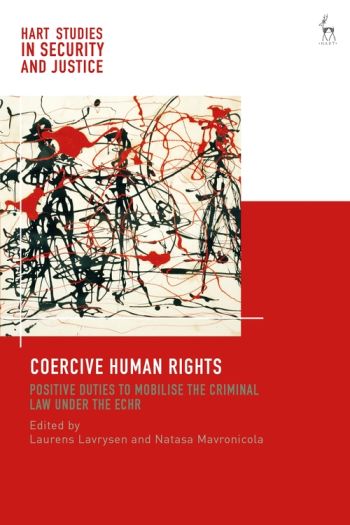
Traditionally, human rights have protected those facing the sharp edge of the criminal justice system. But over time human rights law has become increasingly infused with duties to mobilise criminal law towards protection and redress for violation of rights. These developments give rise to a whole host of questions concerning the precise parameters of coercive human rights, the rationale(s) that underpin them, and their effects and implications for victims, perpetrators, domestic legal systems, and for the theory and practice of human rights and criminal justice. This collection addresses these questions with a focus on the rich jurisprudence of the European Court of Human Rights.
The collection explores four interlocking themes surrounding the issue of coercive human rights:
1. Key threads in the doctrine of the European Court of Human Rights on duties to mobilise the criminal law as a means of delivering human rights protection 2. Factors that contribute to a readiness to demand coercive measures, including discrimination and vulnerability, and other key justificatory reasoning shaping the development of coercive human rights 3. The most pressing challenges for the ECtHR's coercive duties doctrine, including: